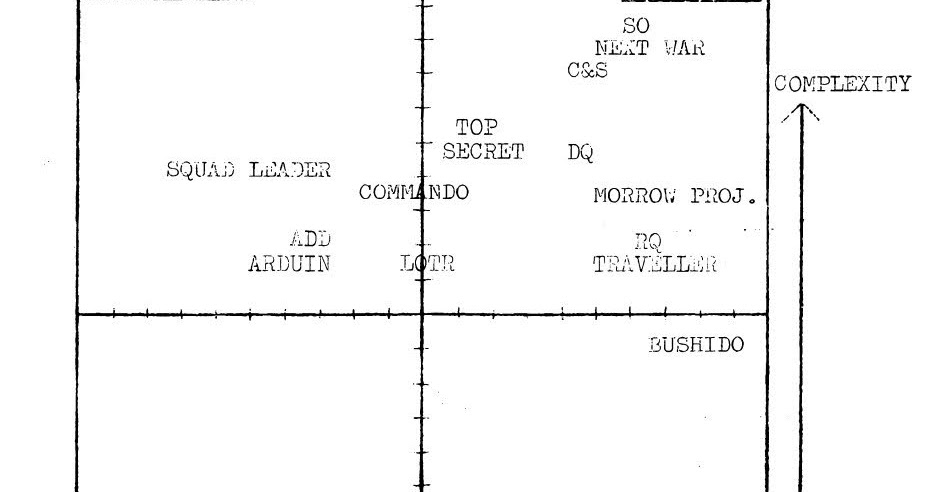Despite Vincent Baker by his own admission writing Apocalypse World largely as a response to and criticism of Forge ideology
I've seen this said before. I don't think it's quite right, given that the acknowledgements page of Apocalypse World (p 288):
Stakes questions are based on stakes in Trollbabe, by Ron Edwards.
Threat countdowns are based on bangs in Sorcerer, by Ron Edwards. . . .
The character sex moves were inspired by Sex & Sorcerer, by Ron Edwards. . . .
The entire game design follows from “Narrativism: Story Now” by Ron Edwards.
Online resources:
The Forge (indie-rpgs.com)
I know Baker has said that AW is not a "Forge game", but by that he meant - as I read him - that it is not "hyper-focused" in the manner of the early suite of games that emerged self-consciously out of the Forge milieu. He didn't mean that the game was not influenced by, or building upon, ideas that were generated at the Forge.
The technical bits that most of us think about when we think of system/game design matter, but not a whole lot.
<snip>
Those technical differences do matter, but not like a lot in the grand scheme of things.
<snip>
That's what System Matters is all about. It's about getting away from just designing those technical bits and really devoting time to designing the process of play.
My view is that there are limits to how far one can change the process of play without also turning attention to the technical differences.
One example from my own experience: Rolemaster and RQ are very similar - both are "realism"/process-simulation reactions to D&D with skill-based resolution, more "organic" rather than class-based systems of PC build, hit locations and penalties in combat, etc. Both have rules for attack and parry, but they are different: in RQ each is a separate skill; in RM each is built from a common pool, on a round-by-round basis. This means that RM allows a player whose PC is in melee to make round-by-round decisions about how to manage risk. RM's spell-casting allows a similar decision-making process, because of the rules for casting quickly and/or at higher level in exchange for an increased failure chance. (RM ranged combat doesn't have this sort of feature; hence it's the most boring of the three standard player combat build approaches found in a trad FRPG.)
What sorts of risks do I want to take in combat is probably not the most interesting thematic question of all time, but it is a question which RM allows to be raised and answered, with the answer varying based on what is at stake in the particular combat.
RM also has more choice in PC build than does RQ - in that way it is less "organic" and amenable to metagaming. This allows players to send signals about priorities via PC build.
These technical differences permit RM to support, in a halting way, a more scene-framing process of play than RQ. But there are other technical features of RM that get in the way: like AD&D it has fiddly spell durations; like many "ultra-sim" games it has complex healing rules; it encourages tracking ammunition, keeping track of rest times, etc - and all of this stuff makes it hard to bring scenes to a clean end and frame new ones. It's interesting to look at another superficially ultra-sim game - Burning Wheel - and see how it has some features in common with RM but also has differences, including these sorts of technical differences, that allow a more robust scene-framing process.
What I have found very valuable in Forge analysis is an appreciation of the importance of the process of play - ie there is more to RPGing than just fiddling with your rules for healing times and dice rolling systems - but also a sophisticated appreciation of the way that technical elements of design underpin and either support or cut against possible processes.

 playingattheworld.blogspot.com
playingattheworld.blogspot.com





